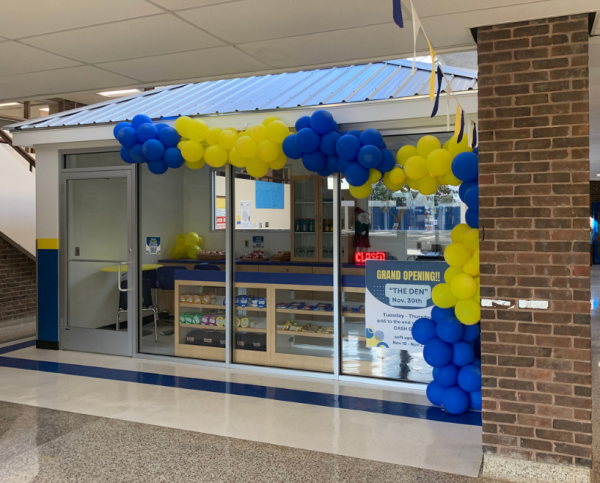Tracking Phones: Safe or Invasive?

Families everywhere have had the talk: a conversation about whether or not parents should track their child’s location via cell phone.
Parents can use apps to know their child’s whereabouts at all times. One popular app that teenagers find their parents using is Life360, which is available for most smartphone brands. It is a family networking app that not only provides the location of the tracked phone, but also the speed of the car that the phone is in.
Another frequently used app is Find My iPhone. Provided by Apple Inc., it allows remote tracking of iOS devices using their Apple ID. An Apple ID is an account that is used to access Apple services such as the App Store and Apple Music.
Mrs. Julie Sanders, science teacher, is a mother of three daughters ages 17, 14, and 11.
“I like to know where they are at all times,” she said. Mrs. Sanders explained that when her teenagers go out on the weekends, she wants to make sure they stay at that location.
“Every time I check, they are exactly where they say they are,” Mrs. Sanders said.
Since she also has an 11-year-old daughter, Mrs. Sanders wants to be able to see when her bus is dropping her off at home after school, for sometimes she is not able to get home before her daughter.
“I want to see how close I am to beating the bus,” Mrs. Sanders said.
When she is asked if she believes tracking her children’s locations is an invasion of privacy, Mrs. Sanders said, “No, trying to keep them safe is not an invasion of privacy. When they are home, they can keep their doors closed, that’s privacy. When they’re not at home, I need to try and keep them safe.”
Senior Andrew Liguori said his parents should not be able to track his phone’s location, but they currently are.
“I’m going away to school soon, and I am nearly an adult. I would understand if I were younger,” he said.
Liguori said that he is too old to be sharing his location with his parents and that at his age, it is not appropriate. However, Liguori is understanding of why his parents feel they need to know his current location at all times.
“They would say it is for my protection and my benefit,” Liguori said. He said his parents have the intent of keeping him safe.
Liguori describes the phone tracking as “a buffer for their trust. For the most part, they do trust me because I always tell them where I am, but they want to double check.”
Junior Raymond Colon is not sharing his location with his parents and believes that it correlates with trust.
“If a person gives their parents a reason to not trust them, then their parents have a good reason to track their phone. They are not tracking my phone because they trust me,” he said.
However, Colon would not be intolerant of having his parents locating his cell phone. He said, “I would not be going places I shouldn’t be going. I have a good relationship with my parents, and they trust that I will be going places that I believe are safe,” he said.
SWR security guard Mr. Mike Massett has a 9-year-old daughter and a 13-year-old son. He does not want to track their phones.
“I trust my kids and their judgement,” Mr. Massett said.
“My job as a parent is to let my children do things and be free, but a lot of parents have trouble letting go of that aspect,” he said. Mr. Massett said he needs to give his children room to make choices on their own and that he has to let them grow up and make mistakes.
Mr. Massett said his children would not like their phones were tracked. “I’m sure they would feel an invasion of privacy, and they would have trust issues,” he said.
“Sometimes you have to let go and let the kids figure it out for themselves,” Mr. Massett said.

Republished from Shoreham-Wading River’s print newspaper, The Wildcat Pause (April 2019 Issue).








